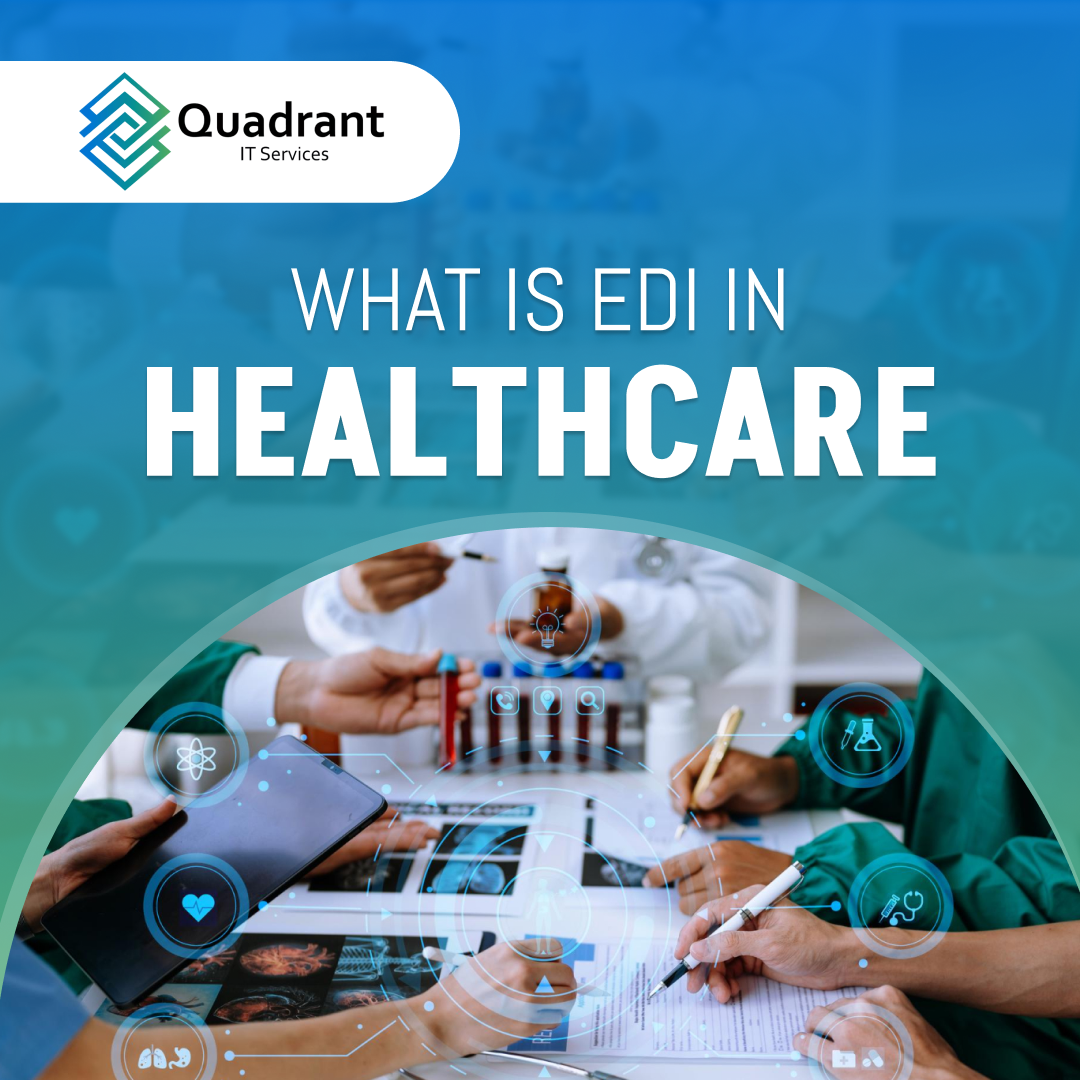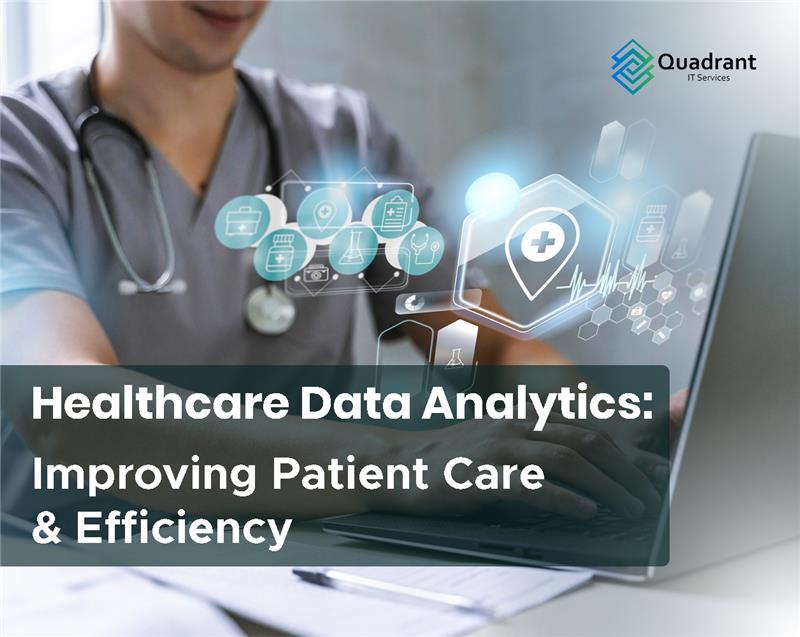EDI in Healthcare: Learn the Definition and Benefits of EDI
In the fast-paced world of healthcare, where time is of the essence and precision is paramount, efficiency isn’t just desirable—it’s critical. With the healthcare industry facing mounting challenges such as rising costs, increasing regulatory demands, and the need for seamless interoperability, the importance of streamlining processes cannot be overstated.
According to recent studies, manual administrative tasks account for a significant portion of healthcare expenditures, with errors and inefficiencies costing the industry billions annually. Electronic Data Interchange (EDI) emerges as a powerful solution to tackle these issues head-on. By digitizing and automating administrative processes, EDI offers healthcare organizations the opportunity to significantly reduce costs, minimize errors, and enhance overall operational efficiency.
With every second saved, EDI enables healthcare providers to redirect their focus and resources towards what truly matters—delivering high-quality patient care. In this article, we’ll delve into what EDI is, its importance in healthcare, its applications, and how Quadrant IT Services is revolutionizing the industry with cutting-edge solutions.
What is the role of EDI in healthcare?
Electronic Data Interchange (EDI) is the electronic exchange of business documents between healthcare organizations in a standardized format. Instead of relying on paper-based processes or manual data entry, EDI enables the seamless transmission of information between systems, reducing errors, improving speed, and enhancing accuracy in healthcare transactions.
Let us understand this better with an example.
EDI plays a pivotal role in transforming the healthcare administration landscape by revolutionizing how data is exchanged between providers, payers, pharmacies, and other stakeholders. One widely adopted EDI standard in the healthcare industry is the ANSI X12 format, which provides a standardized framework for the electronic exchange of business documents. For instance, the X12 837 transaction set is specifically designed for the electronic submission of healthcare claims, allowing providers to transmit detailed information about services rendered to insurance companies in a structured format. This standardized approach streamlines the claims processing cycle, reduces errors, and accelerates reimbursement, ultimately leading to improved efficiency and cost savings for healthcare organizations. By leveraging EDI standards like ANSI X12, healthcare stakeholders can seamlessly exchange information, enhance interoperability, and deliver better patient outcomes.
The benefits of EDI in healthcare
In the complex healthcare landscape, where countless transactions occur daily between providers, payers, pharmacies, and other stakeholders, the importance of EDI cannot be overstated. Here are some key reasons why EDI is vital in healthcare:
- Efficiency: EDI Healthcare streamlines administrative processes, such as claims processing, billing, and eligibility verification, reducing manual errors and speeding up transactions. This efficiency translates into cost savings and improved cash flow for healthcare organizations.
- Accuracy: By automating data exchange, EDI minimizes the risk of errors associated with manual entry, ensuring that patient information, claims, and payments are accurate and up-to-date.
- Compliance: Healthcare organizations must comply with stringent regulatory requirements, such as HIPAA (Health Insurance Portability and Accountability Act). Healthcare EDI solutions providers are designed to meet these regulatory standards, ensuring secure and compliant data exchange.
- Interoperability: In today’s interconnected healthcare ecosystem, interoperability is crucial for seamless communication between disparate systems and stakeholders. EDI facilitates interoperability by standardizing data formats and protocols, enabling different systems to exchange information seamlessly.
Applications of EDI in Healthcare
The applications of EDI in healthcare are vast and varied, spanning across different areas of healthcare operations:
- Claims Processing: EDI automates the submission, processing, and adjudication of healthcare claims, accelerating reimbursement cycles and reducing administrative overhead.
- Eligibility Verification: Healthcare providers use EDI to verify patient eligibility and benefits in real time, ensuring accurate billing and minimizing claim denials.
- Electronic Health Records (EHR) Integration: EDI enables the integration of electronic health records (EHR) systems with other healthcare applications, facilitating seamless data exchange and interoperability.
- Pharmacy Benefit Management (PBM): Pharmacies and pharmacy benefit managers use EDI to process prescription claims, verify patient eligibility, and coordinate drug benefits with insurers.
- Supply Chain Management: Healthcare organizations leverage EDI to manage their supply chain operations, including ordering, invoicing, and inventory management, ensuring timely delivery of medical supplies and equipment.
Quadrant IT Services:
We understand the unique challenges faced by the healthcare industry and the critical role that EDI plays in overcoming these challenges. Our comprehensive healthcare EDI software solutions are tailored to meet the specific needs of healthcare organizations, offering:
- Customized Integration: We provide customized integration solutions that connect disparate healthcare systems seamlessly, enabling secure and efficient data exchange.
- Compliance and Security: Our EDI solutions are designed to comply with HIPAA and other regulatory requirements, ensuring the security and confidentiality of patient information.
- Scalability and Flexibility: Whether you’re a small clinic or a large hospital network, our EDI solutions are scalable and flexible to accommodate your growing needs.
- 24/7 Support: Our dedicated team of experts provides round-the-clock support and maintenance, ensuring uninterrupted operation of your EDI infrastructure.
- Innovation: We stay ahead of the curve by continually innovating and adopting the latest technologies in EDI, enabling our clients to stay competitive in the rapidly evolving healthcare landscape.
Conclusion:
In conclusion, Electronic Data Interchange (EDI) is a game-changer in the healthcare industry, revolutionizing administrative processes, improving efficiency, and enhancing patient care. As healthcare organizations embrace digital transformation, the importance of EDI will only continue to grow. With Quadrant IT Services as your trusted partner, you can harness the power of EDI to unlock efficiency, drive innovation, and deliver exceptional patient experiences in today’s healthcare landscape.








